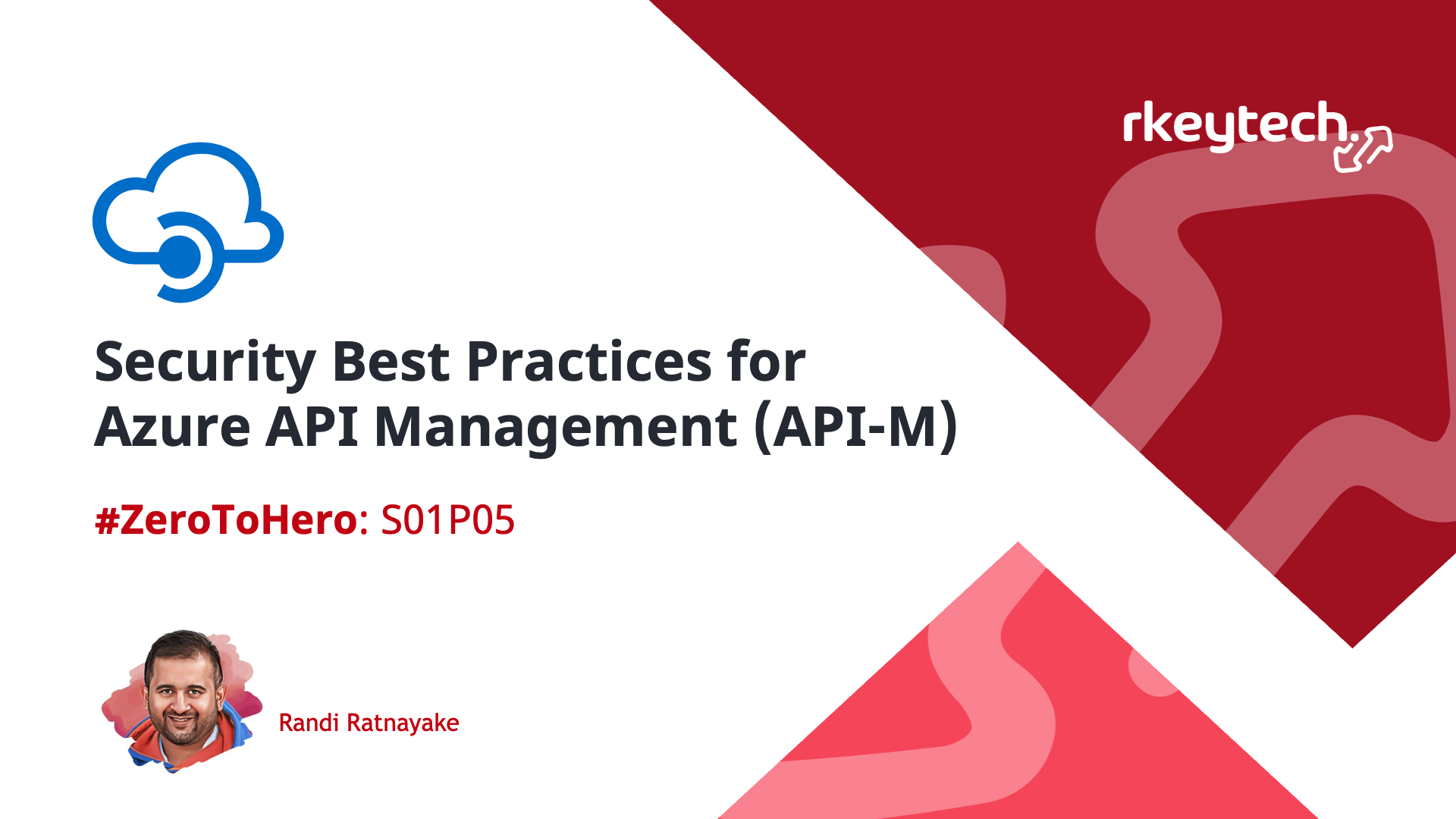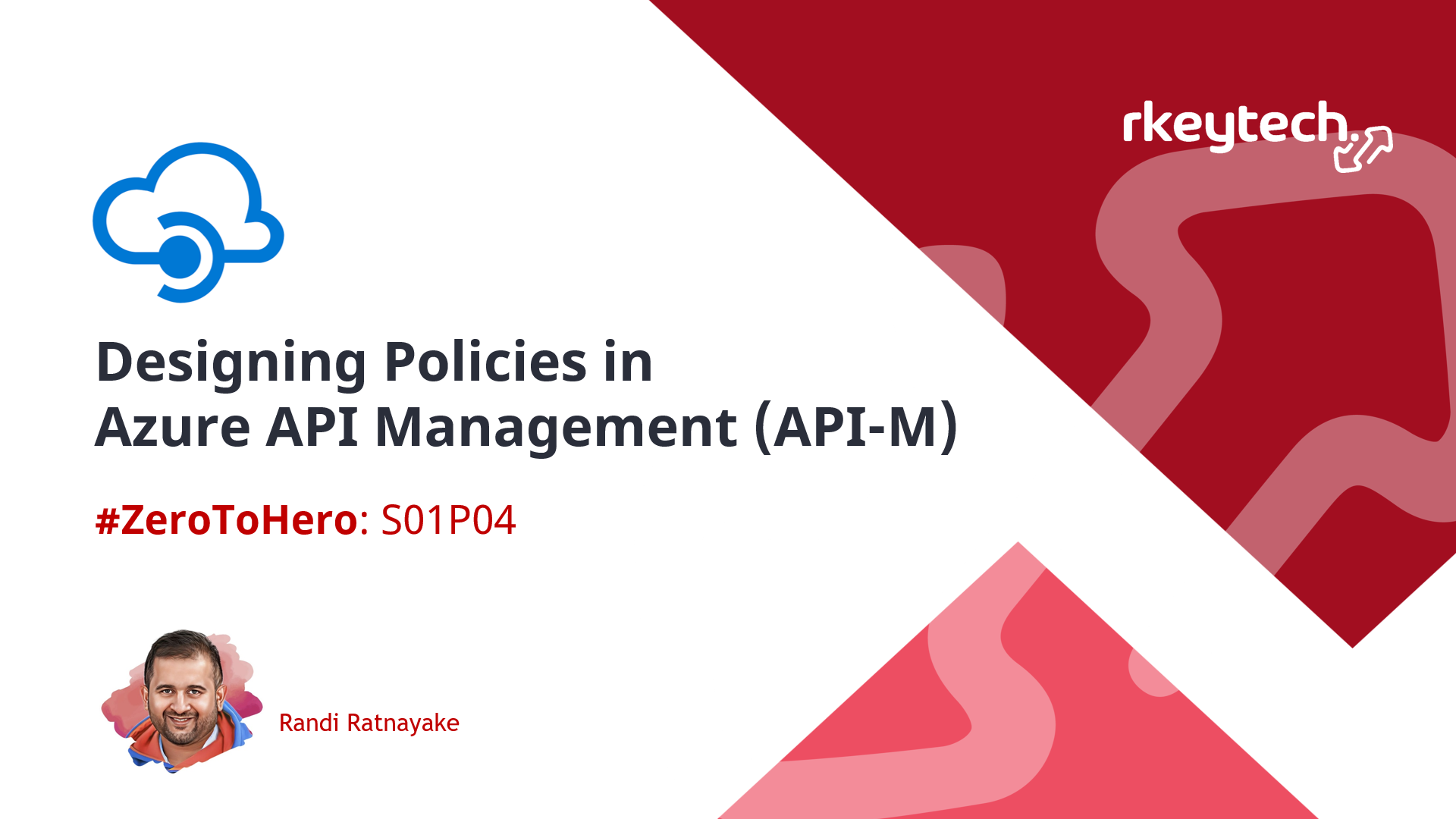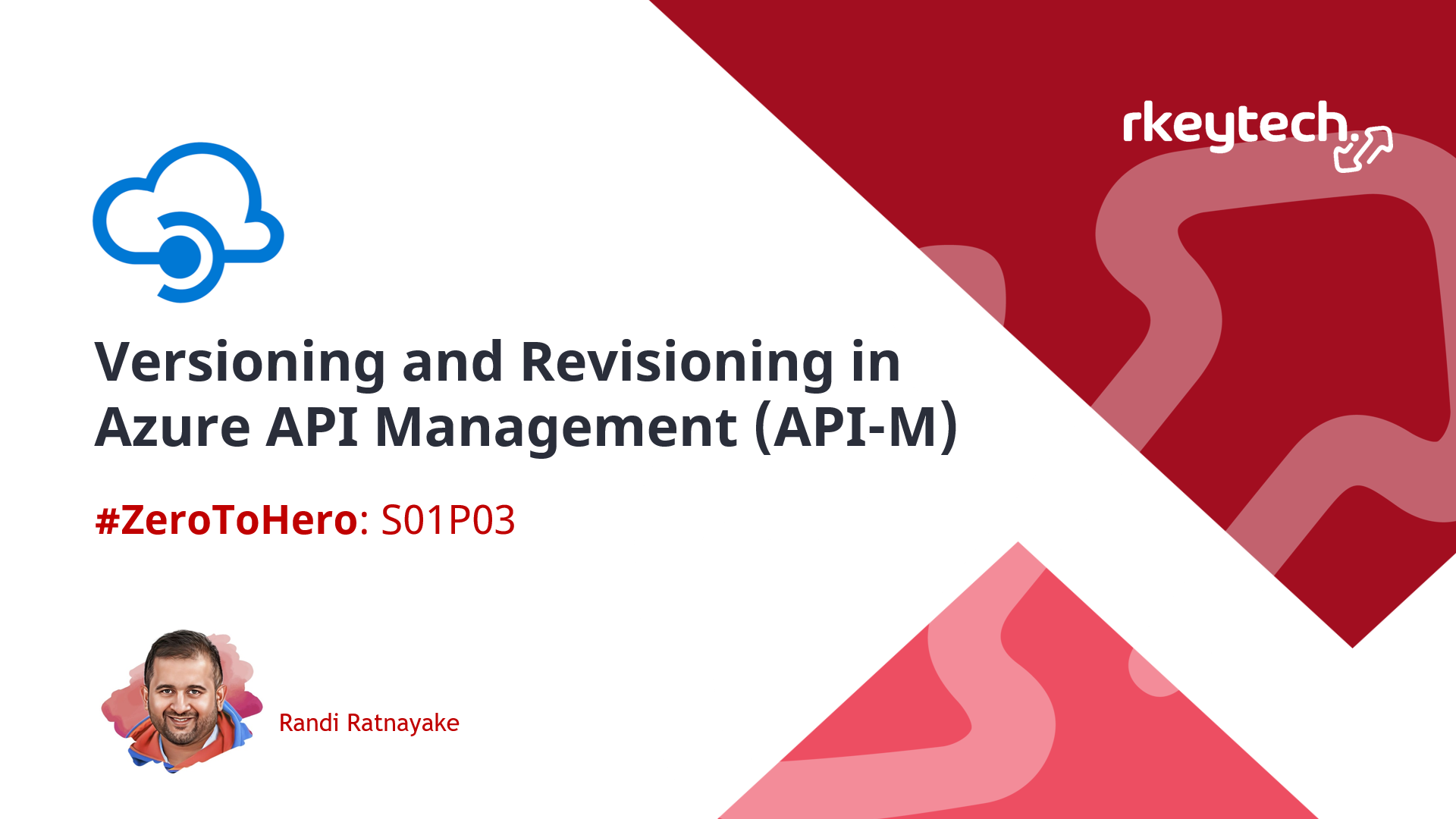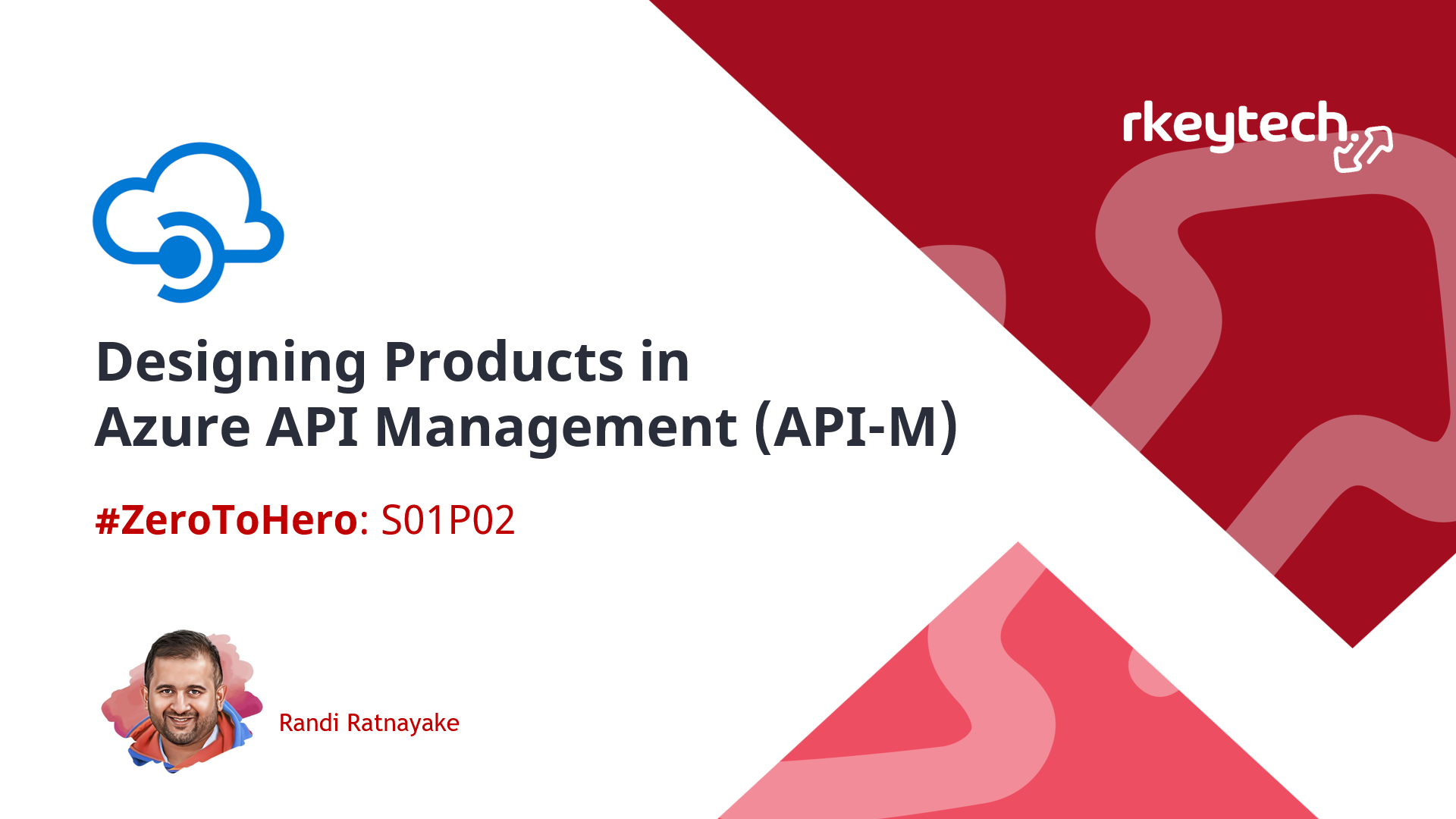Demystifying Azure Private Endpoint and Private Link: Connecting Securely to Azure Resources
Organisations require secure and private ways to connect to their cloud resources. Microsoft Azure offers two powerful features to address these needs.
- Azure Private Endpoint
- Azure Private Link.
Understanding the characteristics of these features is essential to identify how it can best fit your organisation’s security goals. This blog post will explore these features and understand how they enable secure and isolated access to Azure resources.
Azure Private Endpoint
Azure Private Endpoint provides a private and secure connection between your virtual network and Azure platform services. It allows you to access Azure services over a private IP address within your virtual network, eliminating the need for public IP addresses or internet connectivity. By leveraging Private Endpoint, you can ensure that network traffic remains within the Azure backbone, reducing exposure to the public internet.
Benefits of Azure Private Endpoints
Enhanced Security
Private Endpoint enables secure access to Azure services by leveraging virtual network service endpoints. It helps protect your data from unauthorised access and exposure to the internet, reducing the attack surface.
Isolated Connectivity
A Private Endpoint lets you establish a private connection to Azure resources without traversing the public internet. This isolation enhances network security and minimises latency.
Compliance Requirements
Private Endpoint can assist in meeting compliance requirements by offering a secure and dedicated connection to Azure resources, ensuring data privacy and regulatory compliance.
How Azure Private Endpoint Works
Network Integration
Private Endpoint integrates with Azure virtual networks, allowing you to connect securely to Azure services through a private IP address.
DNS Resolution
When using Private Endpoint, DNS resolution is handled by the Azure Private DNS zone. It ensures that the Endpoint’s private IP address is used for communication, further securing the connection.
Traffic Flow
Once a Private Endpoint is set up, traffic flows directly over the Azure backbone between your virtual network and the Azure service. It eliminates the need for internet egress or ingress. Increase service performance by reducing latency and costs, therefore.
Azure Private Link
Azure Private Link expands on the capabilities of Azure Private Endpoint by enabling connectivity to your private services hosted in Azure. It allows you to expose these services privately to other Azure resources or even on-premises networks without exposing them to the public internet.
Use Cases for Azure Private Endpoint and Private Link
Secure Access to Azure PaaS Services
With Private Endpoint, you can establish secure connections to services like Azure Storage, Azure SQL Database, Azure Cosmos DB, and more without exposing them to the public internet.
Private Service Exposure
Private Link lets you expose your private services, such as APIs or web applications, to other Azure resources or on-premises networks. It is handy for scenarios where you want to control data access and minimise security risks.
Conclusion
Azure Private Endpoint and Private Link offer robust solutions for secure and private connectivity to Azure resources. By leveraging these features, organisations can enhance data security, meet compliance requirements, and reduce exposure to the public internet. Whether accessing Azure services or exposing private services, Azure Private Endpoint and Private Link provide the necessary tools to build a secure and interconnected environment in the cloud.





Leave a comment